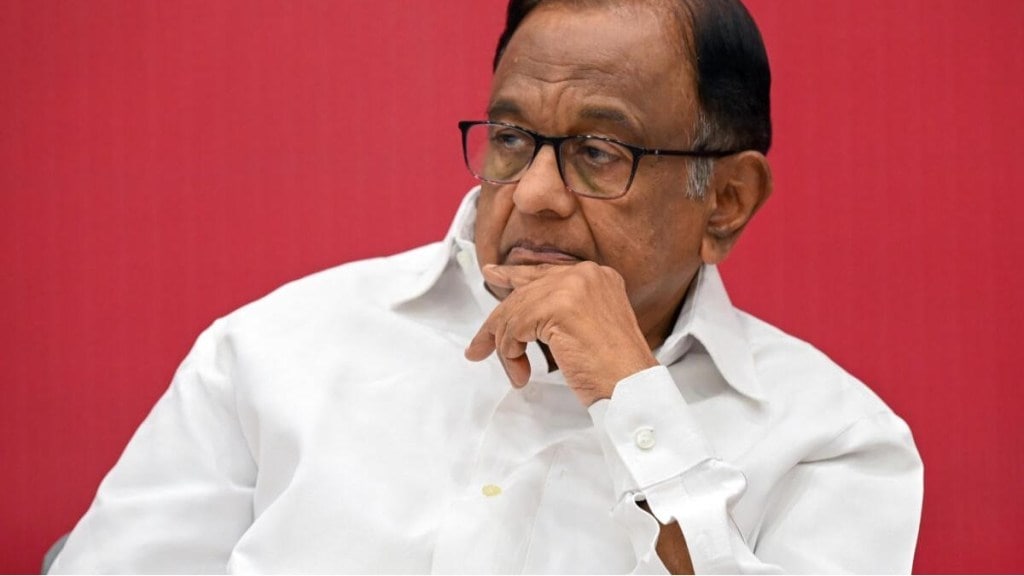Congress leader and former Union Finance Minister P. Chidambaram has raised concerns over a troubling trend in India’s investment landscape, pointing to a sharp rise in dropped or cancelled projects by Indian companies. Citing recent data, Chidambaram said that the ratio of abandoned projects to new investment announcements has surged to 35.9 per cent in 2024–25.
In a post on social media platform X, Chidambaram highlighted that while domestic investment plans are being scrapped at an accelerating pace, Indian companies are simultaneously ramping up their investments abroad. This dual trend, he warned, indicates weakening confidence in the Indian business environment.
Indian companies are dropping or cancelling investment proposals in India.
The ratio of dropped projects to new announcements rose to 35.9 per cent in 2024-25
At the same time, Indian companies have increased their outward investment in foreign countries
The Ministry of…
— P. Chidambaram (@PChidambaram_IN) May 29, 2025
“The Ministry of Finance said these trends ‘warrant attention’,” Chidambaram noted, adding a sharp remark: “Amusing. It is the Ministry of Finance that should pay close attention and take remedial measures.”
The data he referred to underscores a shift that could have far-reaching implications for India’s economic growth, employment generation and industrial development. Chidambaram’s remarks come at a time when the government has been projecting India as an attractive investment destination.
Chidambaram’s post appears to be both a warning and a call to action for the government to investigate and rectify the structural or policy-driven hurdles contributing to this trend.
A closer look at the data shows that two key factors drove the sharp decline: a 16 per cent increase in repatriation and disinvestment by foreign investors in existing Indian companies, rising to $51.5 billion and a 75 per cent surge in outward FDI by Indian firms, which touched \$29 billion. While gross FDI inflows rose by a healthy 14 per cent to $81 billion in 2024-25 compared to the previous year, the steep rise in repatriation and outbound investments effectively cancelled out the gains.
Interestingly, there was a notable overlap between the sources of India’s inward FDI and the destinations of its outward FDI. Singapore, Mauritius, the UAE, the Netherlands and the US together accounted for over 60 per cent of total inbound FDI, and more than half of India’s outbound FDI went to these same five countries in 2024-25.
However, the sectoral pattern of FDI inflows and outflows was less aligned. Inward FDI was primarily directed toward manufacturing, financial services, energy (including electricity), and communication services—these sectors together attracted 60 per cent of total inflows. Outward FDI, on the other hand, was heavily skewed toward financial services such as banking and insurance, manufacturing, wholesale and retail trade, and hospitality, with these areas receiving over 90 per cent of outbound investments. Sector-wise or country-wise data on repatriation was not immediately available.

